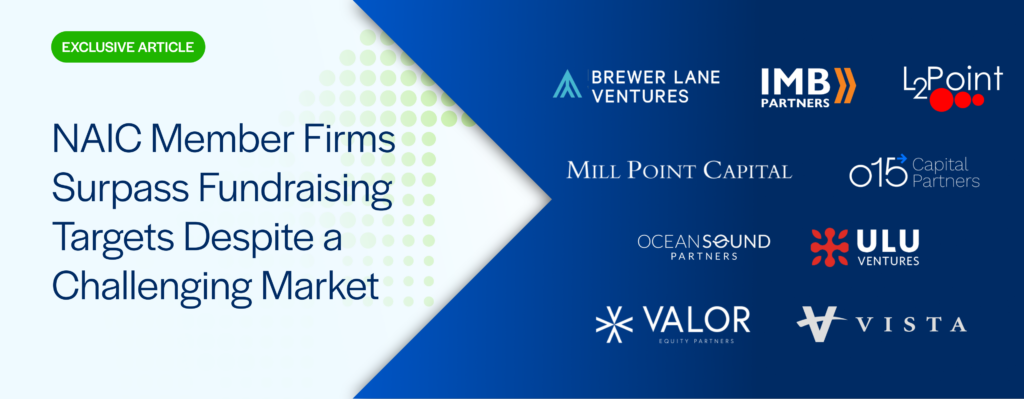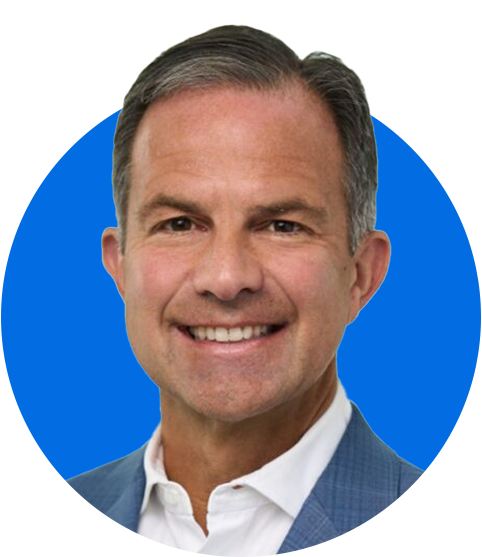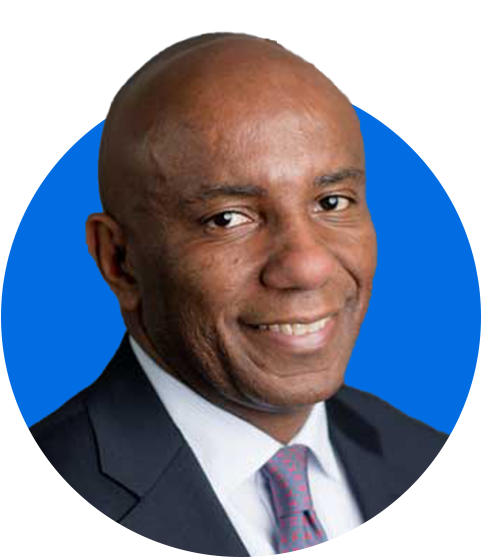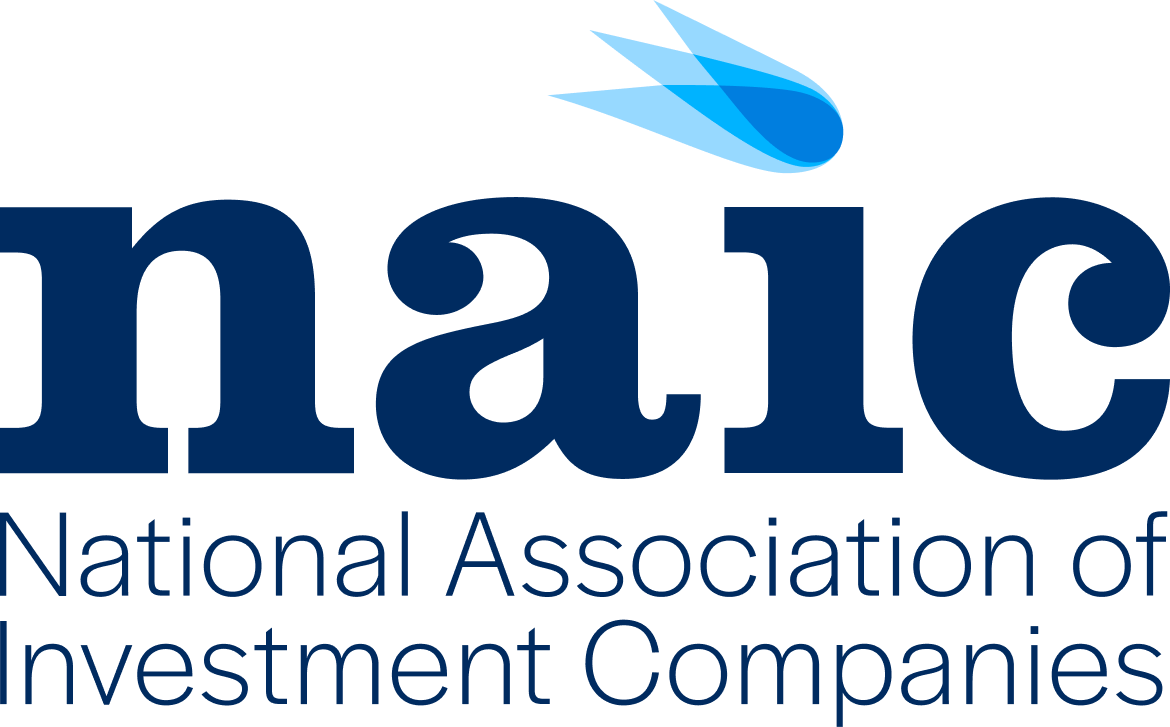
Fundraising for private equity in 2024 proved to be an uphill battle for most. According to financial information and analytics provider S&P Global, private equity funds worldwide secured $680.04 billion last year, a 30% decrease from about $966.37 billion raised in 2023. Liquidity constraints among investors played a major role in this decline as global private equity exits fell to a five-year low of $392.48 billion, driven by a mismatch in valuation expectations between buyers and sellers. With limited cash distributions from existing fund positions, investors felt little urgency to redeploy capital, further dampening the fundraising landscape.
Fundraising trend of private equity funds since 2012
Data compiled Jan. 9, 2025.
Analysis includes capital raised and number of active and closed funds by global private equity funds covering all stratefies. Private market trends data provided by Preqin.
Excludes funds with unknown primary geopraphic focus.
Source: S&P Global Market Intelligence.
© 2024 S&P Global
NAIC spoke with leaders from some of our member firms that defied the odds over the past year by attracting substantial institutional capital and exceeding their fundraising targets. Brewer Lane, IMB Partners, L2 Point, Mill Point Capital, o15 Capital Partners, OceanSound Partners, Ulu Ventures, Valor Equity Partners, and Vista Equity Partners not only navigated a challenging fundraising environment but also demonstrated investment strategies and performance that resonated with institutional investors. Their ability to differentiate themselves in a competitive market offers valuable insights into what it takes to succeed in today’s private equity landscape.
Oversubscribed Funds of NAIC Members in 2024-2025
| Firms | Funds | Target | Actual | Over |
|---|---|---|---|---|
| Brewer Lane Ventures | Fund II | $200 M | $213 M | +$13 M |
| GCM Grosvenor | Advance Fund | $1 B | $1.05 B | +$50 M |
| IMB Partners | SBIC I | $100 M | $125.5 M | +$25.5 M |
| L2 Point | Opportunities Fund I | $300 M | $312 M | +$12 M |
| Mill Point Capital | Mill Point Capital Partners III, L.P. | $1.2 B | $1.7 B | +$500 M |
| o15 Capital Partners | Emerging America Credit Opportunities Fund I | $300 M | $400 M | +$100 M |
| OceanSound Partners | Fund II, LP | $1.3 B | $1.49 B | +$190 M |
| Ulu Ventures | Fund IV | $200 M | $208 M | +$8 M |
| Valor Equity Partners | Fund VI | $2 B | $2.35 B | +$350 M |
| Vista Equity Partners | Fund VIII | $17 B | $20 B | +$3 B |
It’s All in the Execution
In October, OceanSound Partners closed its Fund II with $1.49 billion in total capital commitments—and, together with affiliated co-investment vehicles and a single-asset continuation fund, raised $2.15 billion of total capital in connection with its Fund II. OceanSound’s Fund II significantly surpassed its original $1.3 billion hard cap and initial $1.0 billion target.
Despite this success, Joe Benavides, CEO and Founder, remains focused on execution rather than fund size.
“I know a lot of people have egos about the size of the fund and whether it’s oversubscribed, but that’s not our priority. We are focused on our business of finding attractive new companies and putting them into the portfolio.”
Joe Benavides, CEO & Founder, OceanSound Partners

True to this philosophy, OceanSound has already invested in five companies from Fund II, making it 70% allocated, with capital remaining for two to three additional deals. However, Benavides acknowledges the need to look ahead. “We’ve got to start raising Fund III before we get caught without being able to deploy capital.”
OceanSound Partners has carved out a strong position in the private equity landscape by making control investments in middle-market technology and tech-enabled services companies that serve the aerospace, defense, government and enterprise end markets. That strategy is epitomized in the transformation of Trident Technologies, a provider of advanced IT, engineering, and programmatic solutions for the U.S. federal government. When OceanSound acquired the company in 2019, Trident generated $68 million in revenue and $12 million in EBITDA, with a workforce of 265 employees. Through a series of strategic acquisitions, OceanSound transformed and scaled the business, ultimately merging it with another company and rebranding it as SMX. Today, SMX has grown into a $1.5 billion revenue enterprise with $160 million in EBITDA and a 2,000-member workforce.
With 55 transactions under its belt, a team of nearly 50 professionals and over $4.5 billion in AUM, Benavides attributes OceanSound’s success to its consistency of execution. “Number one, we’ve got a very focused strategy in terms of our technology and government end markets with a long-tenured experience investing in these sectors, coupled with the resources we bring to source and make new control investments,” he explains. “Number two, from a transaction standpoint, we’ve been able to consistently prove to our investors that we can find businesses and execute against them at good values to transform the businesses. And then, lastly, we’re very good owners of these businesses as well because we have a structured, repeatable process for how we own companies.”
A Disciplined Approach
IMB Partners announced in February the final close of IMB Partners SBIC I, with a total committed capital of $125.5 million, exceeding its original target of $100 million. The firm’s latest fundraise – a 30-month journey spanning multiple economic cycles – marked a major milestone as the firm’s inaugural institutional fund.
Before this, IMB, which makes control acquisitions in lower middle market companies in electric and gas utilities and service providers to government agencies, operated as an independent sponsor, raising capital on a deal-by-deal basis. “We find great companies with strong leadership teams and help them scale,” explains IMB Founder & CEO Tarrus Richardson. By focusing on overlooked smaller companies and bringing strategic expertise, IMB has been able to create significant value.
“We don’t just buy businesses – we transform them”
Tarrus Richardson, Founder & CEO, IMB Partners


“We don’t just buy businesses – we transform them.”
Tarrus Richardson, Founder & CEO, IMB Partners
According to Richardson, another reason for the fundraising success was that many investors were likely over-allocated in 2023, which influenced their investment decisions going into 2024. As a result, IMB Partners found itself on the radar of institutional investors looking for new opportunities. “I think what I learned this time around was investors know who they’re going to be investing in for, say, the rolling six to 12 months,” he explains. “So the new normal for many funds like ours is fundraising will start off slow and take 24 to 36 months.”
IMB is actively looking for its next investment opportunity. “We’ve been disciplined, and we have fresh capital in what feels like a market where revenues are coming down, EBITDA is coming down, and sellers’ price expectations are coming down,” Richardson explains. “Business owners coming to market in the next 12 to 18 months to exit or recapitalize their businesses will be looking for partnership-friendly investors that are experienced in the sectors they operate. We think we are well positioned for this market.”
Consistency and Communication
In February, Ulu Ventures, a Latina-led seed-stage venture fund based in Silicon Valley, announced the close of Fund IV at $208 million — a more than 50% increase over its $138 million Fund III. With this latest fund, Ulu’s assets under management have now doubled to over $400 million, reflecting growing confidence from a diverse base of institutional investors.
Led by Miriam Rivera, Clint Korver, Steve Reale, and Maria Salamanca, a key driver of the firm’s success has been its unwavering strategy and lack of drift.
“I think consistency of strategy has been key.”
Maria Salamanca, Partner, Ulu Ventures

“Over the past couple of years, there’s been so much shift in venture, and a lot of funds have shifted strategy because of that. That consistency allowed LPs to still see us similarly and filter through whether we were a good fit,” says Salamanca.
Undoubtedly, the 10 unicorns in Ulu’s portfolio have also played a role in attracting investors. The firm, which focuses on high-growth and market-leading information technology and internet companies in financial services, education and healthcare industries, has backed Guild Education,
BetterUp, Figure, Provenance, ZUM, Homelight, and Everlaw, along with successful exits such as SoFi (NASDAQ: SOFI), Krux (acquired by Salesforce), and Palantir (NASDAQ: PLTR) – which joined the S&P 500 in October 2024.
While the fundraising was successful, it wasn’t without its share of challenges – not the least of which was the failure of Silicon Valley Bank, which occurred when Ulu was planning its first close. Ulu Ventures navigated a complex fundraising environment by executing multiple closes, largely due to market volatility caused by Silicon Valley Bank’s collapse, crypto winter, and upcoming presidential elections. To maintain momentum, the firm took an incremental approach – closing as they gained critical mass, which helped demonstrate progress to potential LPs. Throughout the process, the Ulu team prioritized clear communication with existing and potential LPs, providing updates on how they supported founders, managed cash flow, and navigated economic shifts.
It Takes a Team
“Everything starts with the team,” advises Kenneth Saffold, Co-Founder and Managing Partner of Atlanta-based o15 Capital Partners. “Choose people that you’ve worked well together in the past but also enjoy being around. You’ll spend a lot of late nights with folks over the course of the next couple of years if you’re just starting your fundraise.”
The o15 team was clearly well-assembled. Founded in 2022, the firm recently closed its inaugural fund at approximately $400 million, including capital raised by o15 for related co-investment vehicles. This total substantially exceeded its $300 million target. Its founders, Saffold, a former Managing Director at BlackRock, Colin Meadows, who was Senior Managing Director at Invesco, and Brian Morris, ex-head of healthcare banking at Bank United, leverage its nearly 80 years of experience in putting that capital to work.
Saffold also credits industry organizations like NAIC for o15 Capital’s fundraising success.
“I’d advise really tapping into that network of other GPs that are first-time funds and organizations that can assist you and support you throughout. It’s very important to be aligned with organizations and partners that can help you along the way.”
Kenneth Saffold, Co-Founder & Managing Partner, o15 Capital Partners


“I’d advise really tapping into that network of other GPs that are first-time funds and organizations that can assist you and support you throughout. It’s very important to be aligned with organizations and partners that can help you along the way.”
Kenneth Saffold, Co-Founder & Managing Partner, o15 Capital Partners
o15 Capital provides private debt and equity capital to high-performing lower middle market businesses led by and serving underrepresented entrepreneurs and communities in the Healthcare, Business Services, and Education industries. The firm‘s name is inspired by Special Field Order No. 15, issued in 1865, which allocated 40 acres of abandoned land along the Southeastern coast to newly freed African American families.
As a final piece of advice, Saffold recommends patience. “This was not an overnight success by any stretch. If you’re just starting your fundraise, I would effectively plan for 18 or 24 months-plus for it to be completed,” he advises. “So I would plan for the long haul.”
Despite a challenging fundraising environment, these firm leaders prove that a clear strategy, strong execution, and authentic investor relationships can surmount market headwinds. They attracted institutional capital as others struggled by staying true to their investment theses, building exceptional teams and delivering results. Their success stories highlight resilience and the growing appetite for differentiated, disciplined approaches in private markets—offering valuable lessons for emerging and established managers alike.
